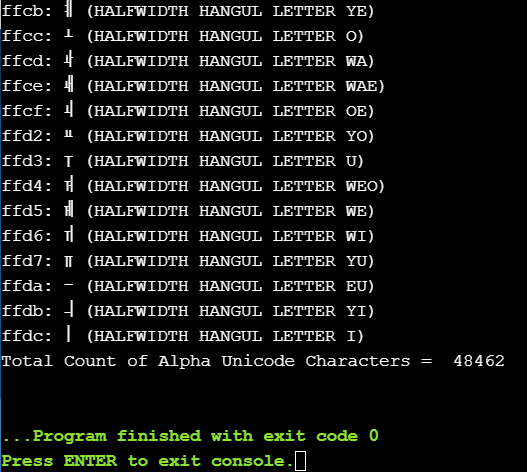String in Python has built-in functions for almost every action to be performed on a string. Python String isalpha() function checks for the alphabets in a string and returns True if the string consists of only alphabets (a-z, A-Z).
Key Points :
- Return Type: Boolean i.e. True or False
- Parametric Values: No Parameters required
- Blank Spaces are not considered as alphabets. Hence, blank spaces will return False.
- Empty String also returns False.
String isalpha() Syntax
str_name.isalpha()
str_name here refers to the input string. And, isalpha() is inbuilt string function in python.
str_name = "Welcome"
print(str_name.isalpha()) # True
String isalpha() Examples
Different cases are given below.
Case 1: String contains whitespace
str_name = "Welcome User"
print(str_name.isalpha()) # False
Case 2: String contains numbers
str_name = "WelcomeUser1"
print(str_name.isalpha()) # False
Case 3: String contains special characters
str_name = "WelcomeU$er@"
print(str_name.isalpha()) # False
Case 4: String is empty
str_name = ' '
print(str_name.isalpha()) # False
Program to Print List of All Possible Alpha Characters in Python
The Unicode module can be used to check the alpha characters. The program is to print all alpha Unicode characters.
import unicodedata
total_count = 0
for i in range(2 ** 16):
charac = chr(i)
if charac.isalpha():
print(u'{:04x}: {} ({})'.format(i, charac, unicodedata.name(charac, 'UNNAMED')))
total_count = total_count + 1
print("Total Count of Alpha Unicode Characters = ",total_count)
Output:

It is just a glance of output as the actual output is lengthy. There are 48462 alpha characters in Unicode.
References:
- Python String isalpha()
- Python Built-in String


